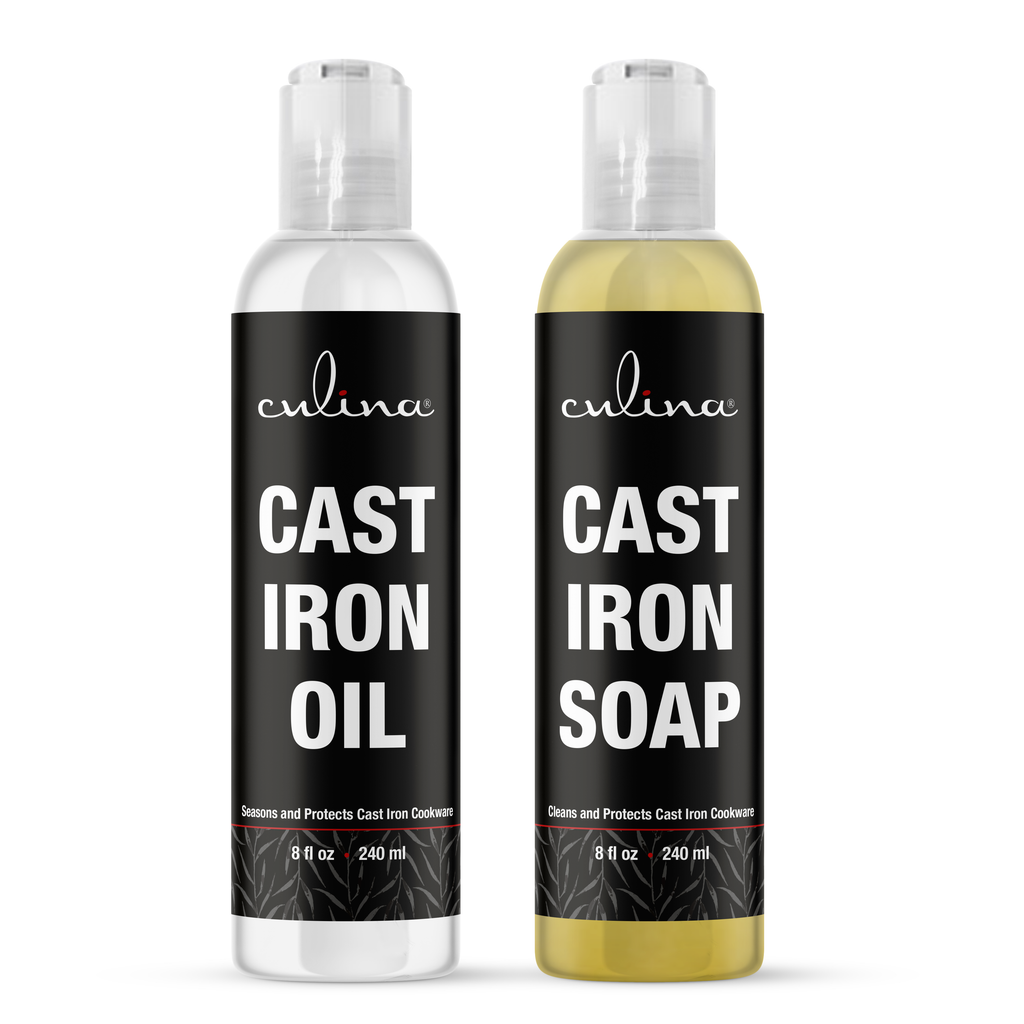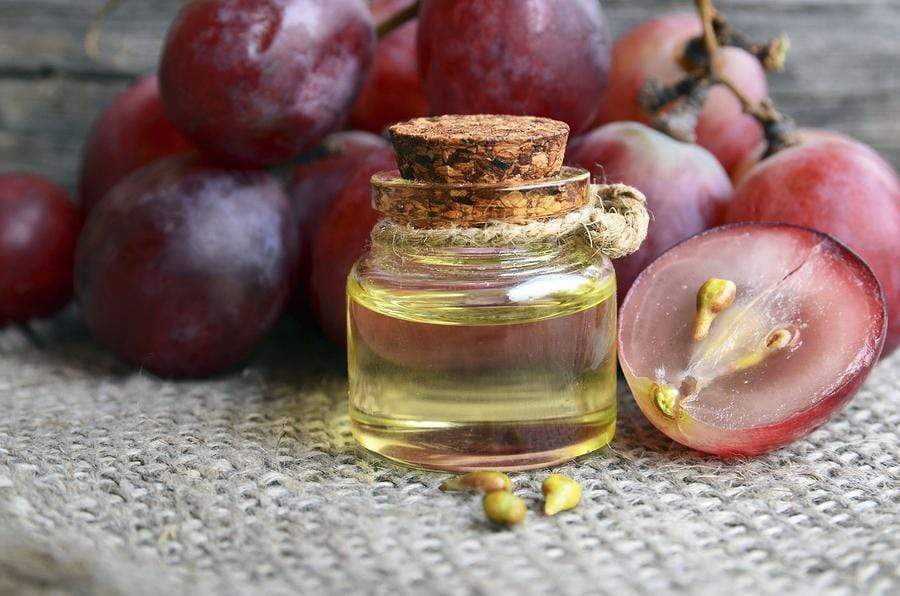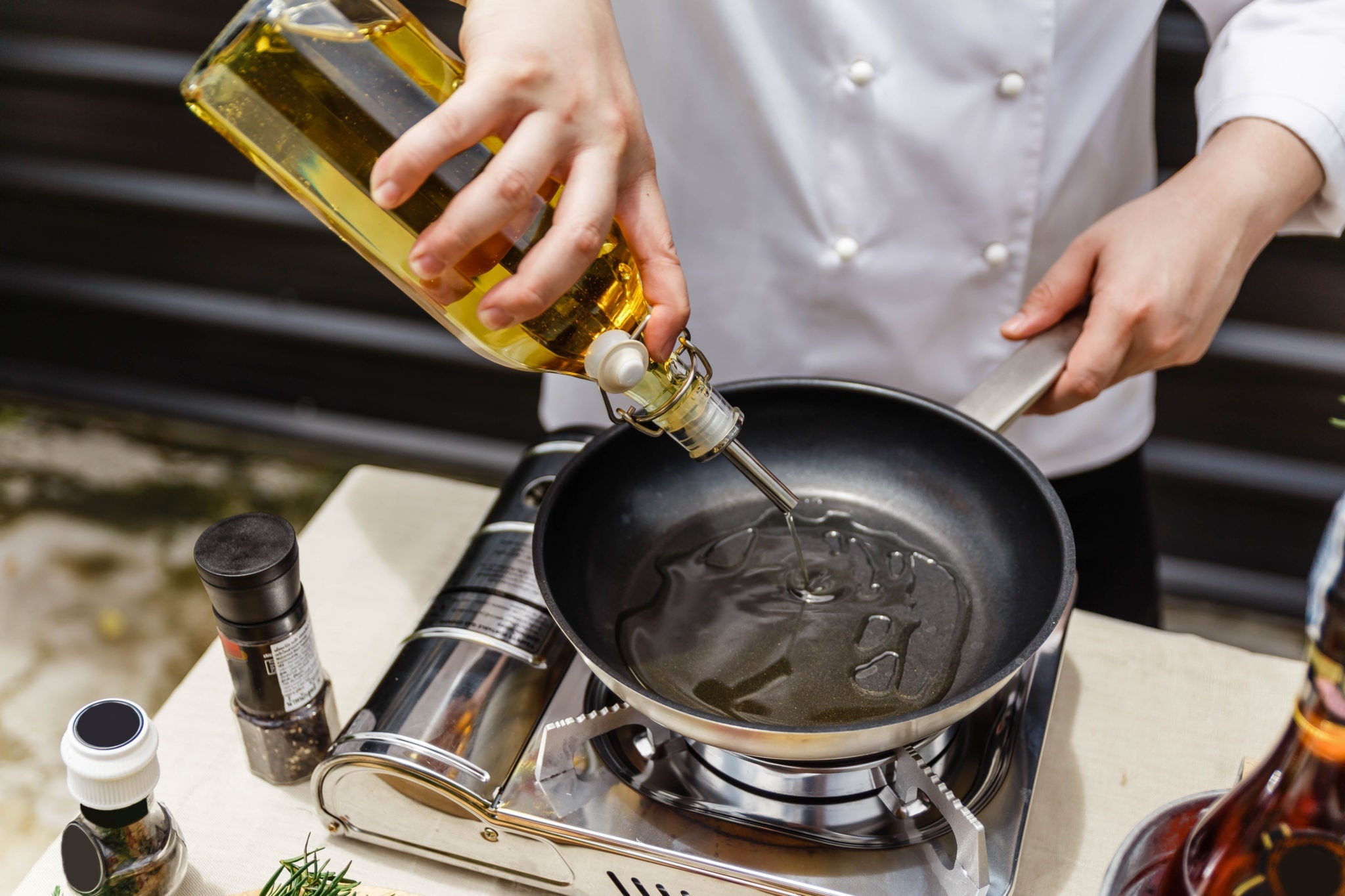How to Clean Stone Floors in Kitchen: Secrets to Shine?
Cleaning stone floors in the kitchen can seem like a daunting task, especially for beauticians who might not prioritize the maintenance of stone surfaces amidst their busy routines. However, knowing how to clean stone floors in kitchen properly can significantly enhance the aesthetics of your workspace, making it not only more appealing but also safer for you and your clients.
In this comprehensive guide, we will delve into the best practices for maintaining and cleaning stone floors, including essential techniques and products. Understanding how to care for your flooring will ensure its longevity while also presenting a polished atmosphere for your beauty services.

Why Clean Stone Floors in Kitchen?
Stone floors are a popular choice in kitchens due to their durability, natural beauty, and variety. However, they can be prone to grime, stains, and scratches if not cleaned regularly. Here are a few reasons why cleaning stone floors is essential:
- Health and Hygiene: Maintaining cleanliness reduces the risk of bacterial growth, important in a space where food and beauty products are often present.
- Longevity: Regular cleaning and maintenance help preserve the stone and prevent extensive damage that may require costly repairs.
- Aesthetic Appeal: Nothing detracts from a beautifully styled kitchen like dirty or stained floors. Keeping them clean enhances the overall look of your workspace.

Types of Stone Floors in Kitchen
Before diving into techniques, its crucial to understand the types of stone floors you might be dealing with:
1. Marble
Known for its elegant appearance, marble is more porous and can be sensitive to acidic substances.
2. Granite
Durable and resistant to scratching, granite is a popular choice but can still become dull without proper care.
3. Slate
Slate has a unique texture and is generally slip-resistant, but it requires sealing to prevent stains.

Essential Tools and Products
To effectively learn how to clean stone floors in kitchen, having the right tools and products is vital. Heres a list of some essential cleaners and tools:
- pH-neutral stone cleaner: Specifically formulated for stone surfaces, it helps remove dirt without damaging the surface.
- Soft mop and microfiber cloths: These materials are gentle on stone, reducing the risk of scratches.
- Sealant: Regular sealing protects the stone from stains and moisture.
- Baking soda: A natural cleaning agent that can help lift stains.

How to Clean Stone Floors in Kitchen Step by Step
Now that you have all the necessary tools, lets break down the cleaning process into manageable steps:
Step 1: Remove Loose Debris
Who wants to clean a dirty floor? Start with a broom or vacuum to get rid of any loose dirt, crumbs, or debris. This will make the washing process much more effective.
Step 2: Prepare Your Cleaning Solution
Mix a pH-neutral cleaner with warm water as per the manufacturer's instructions. Avoid using harsh chemicals or acidic solutions that could harm the stone.
Step 3: Mop the Floor
Dip your soft mop in the cleaning solution, ensuring it is damp but not soaking wet. Mop the stone floors systematically, avoiding puddles that could seep into the stone.
Step 4: Rinse with Clean Water
After mopping, rinse the mop and go over the floor with clean water to remove any leftover cleaning solution residue.
Step 5: Dry the Floor
Use a microfiber cloth to wipe down the floor, removing excess moisture and preventing streaks.
Tips and Tricks for Maintaining Stone Floors
Beyond initial cleaning, here are some tips to help maintain your stone floors:
- Regular sweeping or vacuuming: This prevents dirt build-up that can scratch the surface.
- Promptly clean spills: The sooner you treat spills, the less likely they are to stain.
- Use area rugs: Place rugs in high-traffic areas to protect the flooring underneath.
- Re-seal regularly: Depending on use, re-seal the stone as required, generally every 6-12 months.
Frequently Asked Questions
1. How often should I clean my stone floors?
Regular cleaning is recommended at least once a week, but daily cleaning may be necessary in high-traffic areas.
2. Can I use vinegar to clean my stone floors?
No, vinegar is acidic and can damage the stone. Stick to pH-neutral cleaners specifically designed for stone.
3. Are there any specific products I should avoid?
Avoid harsh chemicals, acidic cleaners, and abrasive scrubbing pads that can scratch and dull your stone floors.
Additional Resources
For further insights on maintaining a clean kitchen, consider checking out these articles: cleaning kitchen grout, countertop care, and thorough kitchen clean-up.
As an Amazon Associate, I earn from qualifying purchases.

